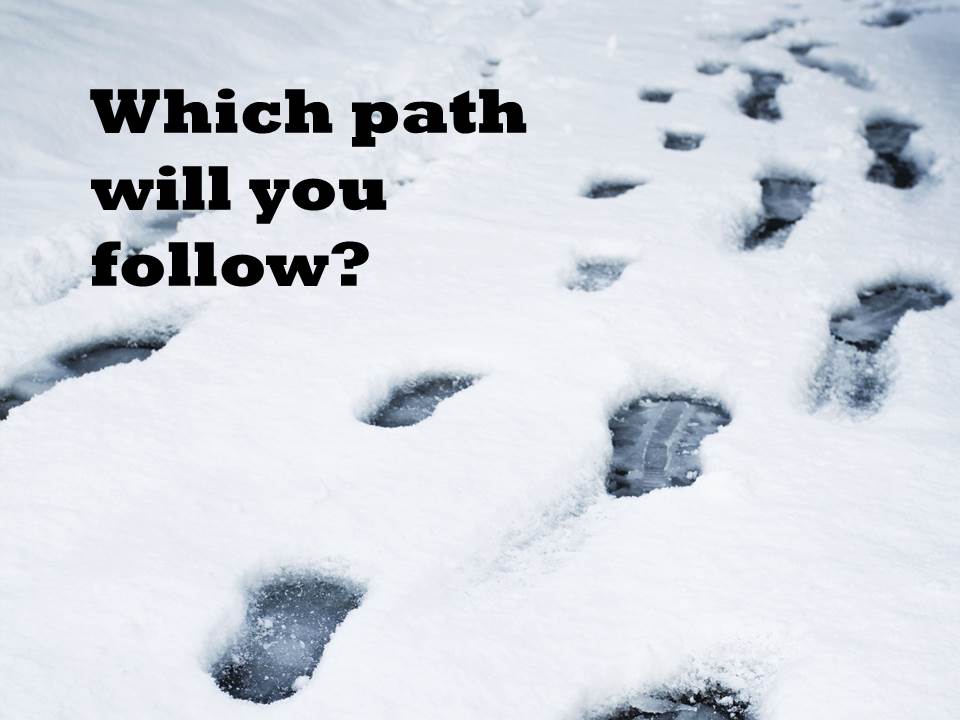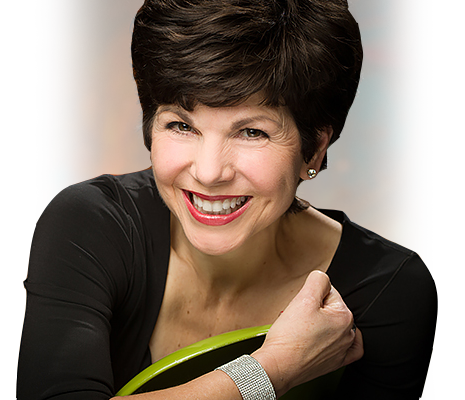It’s all over the news. Headlines such as, “Blizzard-like Conditions to Hit the Northeast.” Or this headline: “Winter Storm Juno: Blizzard Warnings for New York City, Boston, Parts of 7 States; potentially historic northeast snowstorm ahead.” Folks who live in the Northeastern part of the USA are in for 2 feet of snow, major winds (60-75 mph), and possibly wide spread power outages.
Makes you want to start panicking, doesn’t it?  To panic or not to panic?
To panic or not to panic?
I witnessed pre-panic energy yesterday in the grocery store. I had just come from a two-hour yoga/aromatherapy relaxation class. I was still in my yoga attire, and my hair had that messed up, relaxed look. I walked into the grocery store to pick up a few more vegetables and some almond milk ( I’m in the middle of a 4-week revitalizing detox program, guided by health coach, Linda Coveney).
I could instantly feel the panic energy. There were more people in the store than normal. Food inventory was running low (by American standards), and people were driving their shopping carts in bizarre style. My relaxation mood and behavior started to shift. I found myself “stocking up” on more groceries than necessary.
- Panic is expensive. I was being swept up in the panic energy…to the tune of $113 worth of food and supplies.
Now, I don’t mean to downplay the situation, as bad weather certainly has wreaked havoc in many communities in recent years. But we all need to remember that this is wintertime. Snow is what happens during winter in the Northeast. We know what to do to prepare ourselves.
- Panic doesn’t help anything. In fact, it makes matters worse.
How to reduce panic and stress less
I am pleased to share with you the wisdom of Dr. Bridget Cooper, a thought-leader and author whom I recently met at a B.I.G. pod meeting in New Haven, CT. Dr. Cooper is the author of several books, and has agreed to share this excerpt from her book, Feed the Need, in my weekly blog. It contains a great story about a mother-child situation on an airplane. Read it and reflect upon your own attitude about things you can’t control (e.g., the weather).
~Stress Less~
Excerpt from Feed the Need by Dr. Bridget Cooper (2nd Edition, 2014)
Somewhere along the way, I heard a definition of stress that I’ve clung to ever since: Stress is caused by the difference between that which we seek to control and that which we actually can control. It’s the gap. The events are what the events are; it’s how you relate to your perceived control over the situation that makes a difference to your mental and physical health. People are who they are: You can’t control them, either.
Do you think you can control a great deal of events and people around you, yet despite your efforts, you can’t seem to get a handle on it all and make things move in your targeted direction? Or, do you feel like you can’t control anything and you’re overwhelmed by the prospect that it’s all out of your control?
I was flying recently and I heard a young man headed into what sounded like a full-on panic attack. He was shaking and crying, saying that we were all going to die when the plane crashed. He had all sorts of scenarios that he was playing out about how this was going to happen. I heard his mom ask him if there was anything he could do to change that? He said, “No, that’s the problem!” She stayed calm and responded, “No, that’s the solution. There is nothing you can do to change it. So, you have three choices:
- Fight it, trying to figure out a way to control something that you cannot control;
- Accept it and be stressed out for the rest of the flight, fearing that the worst is going to happen;
- Accept it and let it go, knowing that whatever happens is out of your control so you may as well enjoy the flight.”
I thought that was pretty sage advice, and although the child only calmed a little, the mom laid it out as best as she could. And she couldn’t have been more right. Once you figure out that you cannot control something, the best way to reduce your stress is to accept that and focus only on the things that you can control, and let the rest go.
Maybe I need to say that again to you? Let the rest go. Let. It. Go. Holding onto the things you cannot control is like trying to fly a plane by hanging onto the wing. It cannot be done. And trying to will it to be done is going to blow your heart up like the Fourth of July. Literally. Do me a favor: Go watch a video on what happens to a heart under stress, like the stress often brought on by going to back to work on a Monday morning. It’s frightening. Stress, in fact, does cause heart attacks. And a host of diseases. Do you want to cut your life short? If you think you’ll live a long and healthy life in that state of stress, do you really want to?
So what can you do to alleviate the stress in your life, aside from moving to a desert island and living life “off the grid?” Since fighting for control is what creates stress, it’s pretty simple. In situations where you’re not in control, there is one sure fire way to reduce your stress. Accept the following statement as truth: You’re along for the ride and you’re not in the pilot’s seat, so consider getting into the plane, strapping in, following the safety instructions, leaving the flammables at home, and sitting back and enjoying the flight.
About Dr. Cooper  Dr. Cooper is author of “Feed the Need” (2nd Edition 2014), “Feed the Need: Teen Edition” (2015) and the upcoming book, “Stuck U.” (2015). She runs a coaching and leadership training business in Connecticut, and is passionate about changing people’s lives through healthy communication, conflict, and opening their “pipeline of awesome!” She is an experienced and dynamic educator, facilitator, executive coach, and management and leadership consultant, with a proven track record of proactively, strategically, and effectively managing high-level organizational change and translating strategy into measurable objectives. Learn more at Dr. Cooper at her web site http://www.piecesinplace.com/
Dr. Cooper is author of “Feed the Need” (2nd Edition 2014), “Feed the Need: Teen Edition” (2015) and the upcoming book, “Stuck U.” (2015). She runs a coaching and leadership training business in Connecticut, and is passionate about changing people’s lives through healthy communication, conflict, and opening their “pipeline of awesome!” She is an experienced and dynamic educator, facilitator, executive coach, and management and leadership consultant, with a proven track record of proactively, strategically, and effectively managing high-level organizational change and translating strategy into measurable objectives. Learn more at Dr. Cooper at her web site http://www.piecesinplace.com/
Connect with Dr. Cooper via social media:
- www.facebook.com/bridget.cannoncooper
- www.facebook.com/PiecesInPlaceConsulting
- www.Linkedin.com/dr-bridget-cooper-cannon
- drbridgetcooper on Instagram
About her book Feed the Need : In this groundbreaking book, discover how to identify, understand, and feed your core  emotional needs so that you can live more harmoniously with yourself and others. Feed The Need will change the way you think about problems, and strengthen and empower you to solve them. Stop suffering and tolerating struggle, and start living abundantly by feeding your true hunger. Get the book at Amazon.com in paperback or Kindle
emotional needs so that you can live more harmoniously with yourself and others. Feed The Need will change the way you think about problems, and strengthen and empower you to solve them. Stop suffering and tolerating struggle, and start living abundantly by feeding your true hunger. Get the book at Amazon.com in paperback or Kindle

